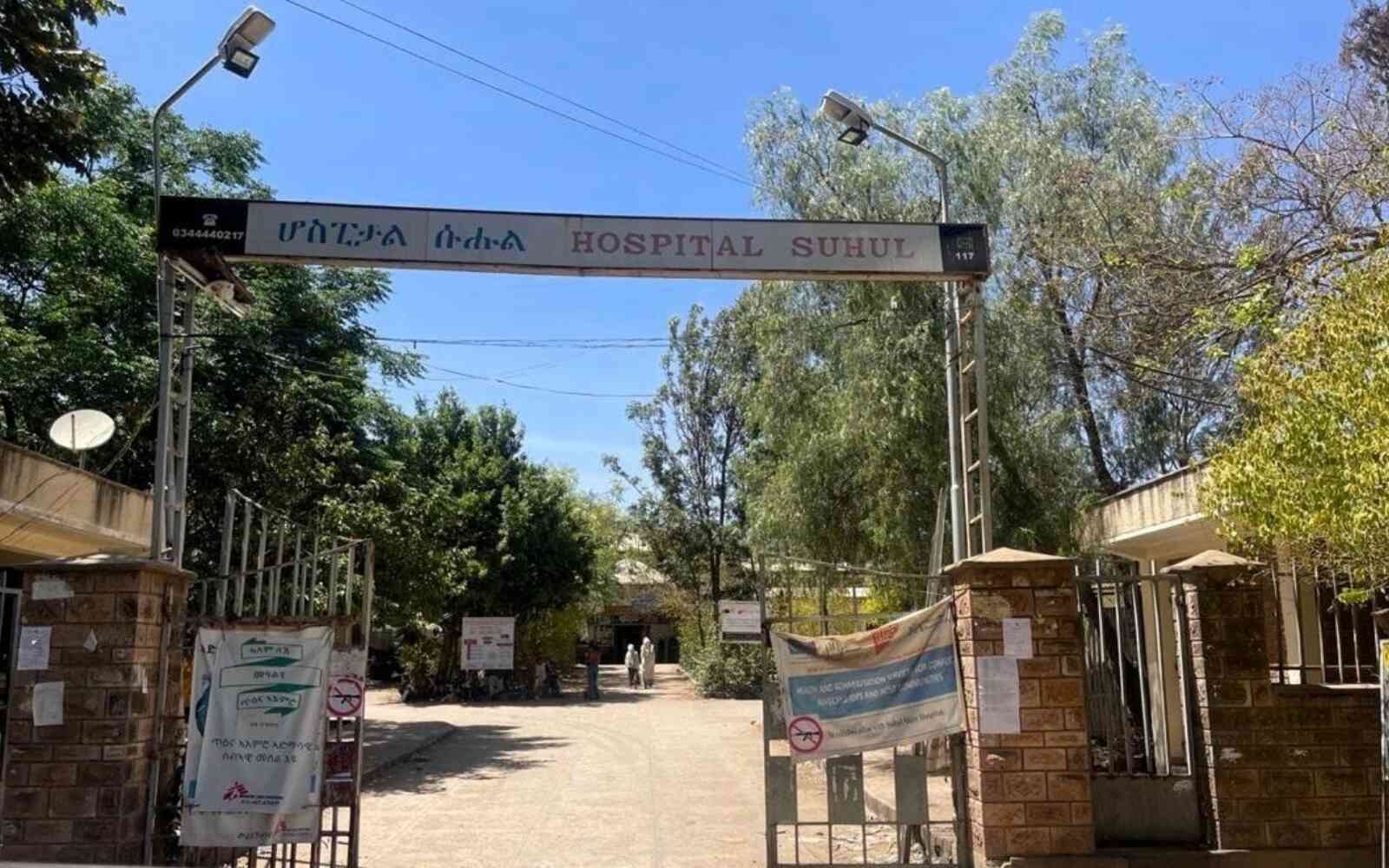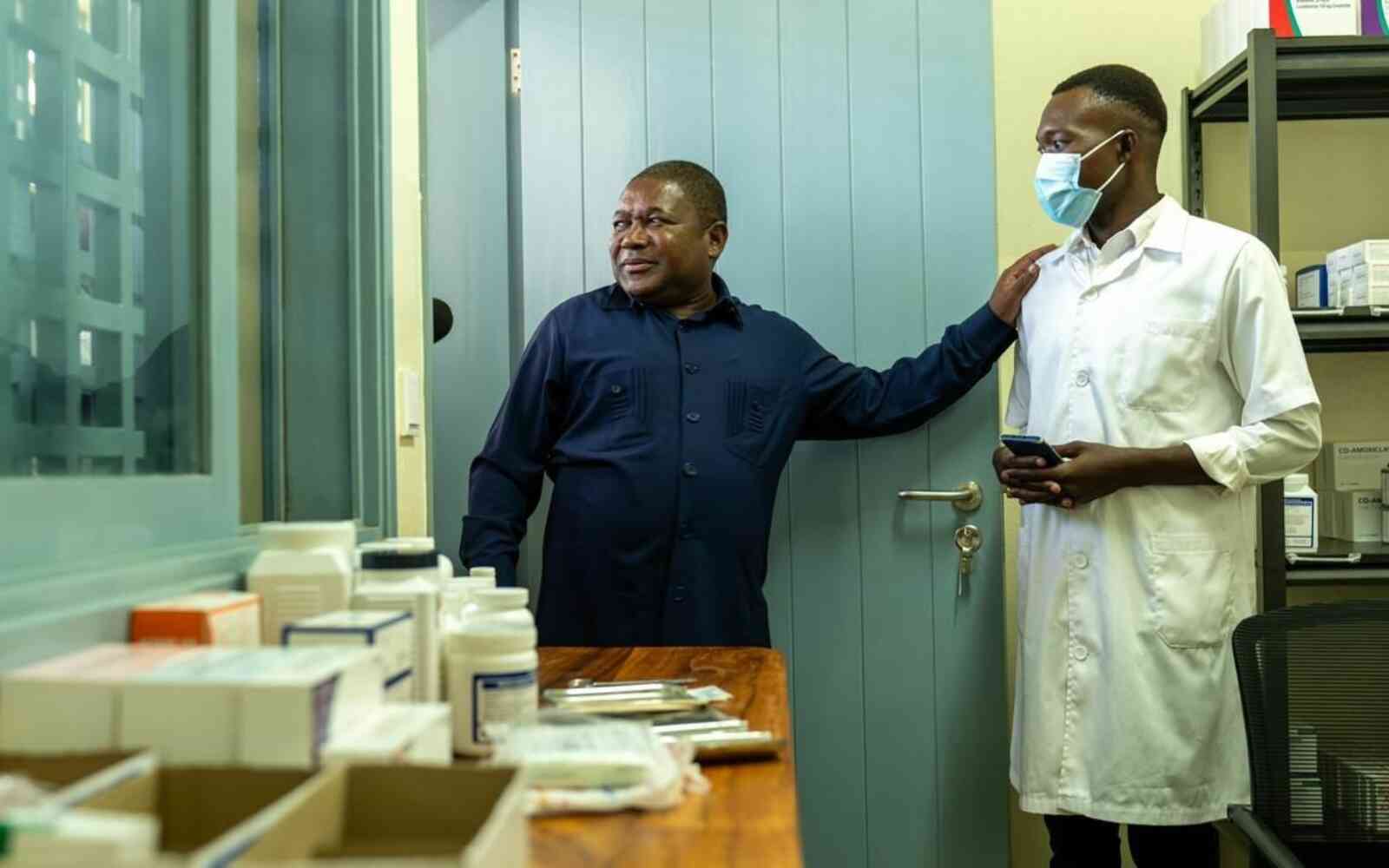The United Nations Office for Project Services (UNOPS)
Cyclone Idai recovery projects launched in Zimbabwe

A combined $96.5 million has been pledged for two new projects launched in Zimbabwe to help more than 270,000 people affected by March’s devastating Cyclone Idai.
Cyclone Idai struck Zimbabwe in March 2019, causing extensive damage worth an estimated $622 million. Over 50,000 households were destroyed, directly affecting 270,000 people, including 60,000 who were displaced. Now, it is reported that up to $1.1 billion is needed to support Zimbabwe’s recovery and restore damaged infrastructure and livelihoods.
Two new recovery projects were launched today by the government of Zimbabwe, the African Development Bank (AfDB), the World Bank and UNOPS to support communities affected by Cyclone Idai.
The World Bank is providing a $72 million grant to fund the Zimbabwe Idai Recovery Project (ZIRP), which will provide immediate support for the most affected communities across nine districts. ZIRP will focus on rebuilding community infrastructure and restoring livelihoods through cash transfers, restoring agricultural crops and livestock production, and revitalizing basic healthcare services.
The launch of the Zimbabwe Idai Recovery Project and Post Cyclone Idai Emergency Recovery and Resilience Project gives impetus and traction to the recovery stretch.
“We will work with partners from the private sector, World Bank, AfDB, DFID, China, South Africa, the EU and the UN, just to mention a few, as we assist the affected communities to build resilience. To date, Civil Protection Committees remain fully activated at all levels as they continue to support the affected communities in realizing the ultimate goal of building their resilience,” he added.
UNOPS will manage the project working with the Food and Agriculture Organization, UNICEF, the World Food Programme and the World Health Organization.
“Ensuring integrated and coordinated support for affected communities, this project will assist in the renewal of livelihoods with a focus on building back smarter and longer-term resilience building,” explained the World Bank’s Regional Director for Social, Urban and Rural Resilience, Ede Ijjasz-Vasquez.
He added: “Through these unique partnerships we hope to contribute to how national and regional authorities, and development and humanitarian partners can and must work together in providing critical development assistance.”
The second new project is the Post Cyclone Idai Emergency Recovery and Resilience Project (PCIREP), which will focus on rebuilding key infrastructure across Zimbabwe. The AfDB is funding the $24.5 million project that will help restore essential services including transport, electricity, and water and sanitation to the most severely affected communities in the districts of Chimanimani and Chipinge in Manicaland province.
UNOPS will work closely with the government of Zimbabwe to implement the PCIREP and increase the government’s capacity to manage emergencies in the future.
The UN in Zimbabwe is committed to supporting the recovery of communities affected by Cyclone Idai to ensure that Zimbabwe gets back on track with its development agenda.
“ZIRP and PCIREP represent a coordinated multi-sector response to this emergency that will build resilience and sustainability into the targeted communities,” he added.
The PCIREP and ZIRP will operate closely together with the government of Zimbabwe to build resilience in local communities and support the establishment of a country-wide Disaster Recovery and Resilience Framework.
A number of collaborative initiatives are under preparation to enable Zimbabwe to strengthen its capacity and systems for recovery and resilience coordination, and disaster risk management and mitigation. One of the initiatives is the government-led Zimbabwe Recovery and Resilience Framework, in line with the government of Zimbabwe’s Transition Stabilization and National Development Plan, scheduled to take place in 2020.
“Whilst the combined interventions of $24.5 million by the AfDB and the $72 million from the World Bank might appear substantial to address the issues of lost livelihoods and partial restoration of the damaged infrastructure in the affected communities, in reality, it is not,” said AfDB Country Manager for Zimbabwe, Damoni Kitabire.
“Much more is needed to ensure that the people go back to the livelihoods they had before the disaster struck,” he concluded.
The launch ceremony was presided over by the government of Zimbabwe, the UN Country Team, foreign dignitaries, private sector partners, civil society organizations and key development partners of Zimbabwe.










